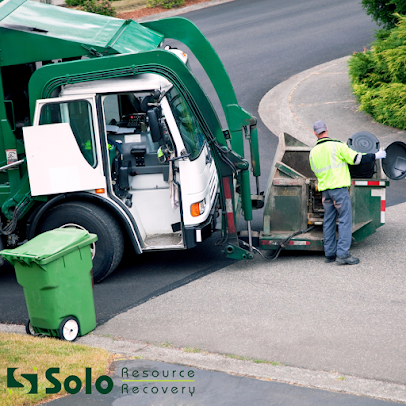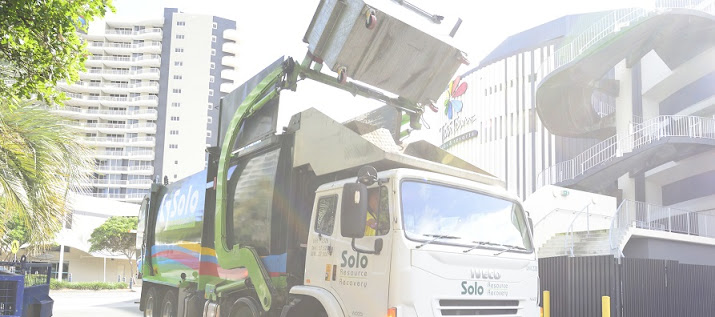Grease Trap Waste Management - Best Practices For Commercial Kitchens

In the busy world of Australian commercial kitchens, the effective management of grease trap waste is of upmost importance, and this article outlines the best practices that kitchens can apply to grease trap waste and its management, with an emphasis on the importance of maintaining hygiene standards along with operational efficiency. From understanding what grease trap waste is, to how it should be handled, and how it should be disposed of, each part of the process plays a vital role in maintaining a functional grease trap that complies with best waste management practices. Understanding Grease Trap Waste Grease trap waste, which is a blend of fats, oils, grease (FOG), and food solids, pose a persistent challenge to commercial kitchen operations, because as these substances accumulate within the grease trap, the risks of blockages, foul odours, and environmental harm become imminent. Consequently, adopting best practices in grease trap waste management is crucial for the operati
